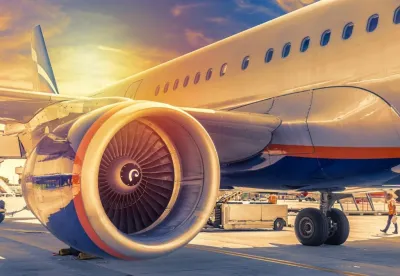
It is the largest source market in the world, with a total of travels abroad that, by 2020, could reach the quota of 160 million. The Chinese travelers market is a veritable gold mine for Western destinations, since 70% of Chinese travel with their family and friend and allocate the highest budgets of all tourists on the planet. The expenditure could reach 315 billion dollars per year by 2020.
Alongside the continuous growth in numbers, Chinese tourists are undergoing significant changes in their travel preferences, behavior and spending patterns. For this reason, most of the clichés valid for this market up until a couple of years ago can no longer be considered as such. This is underlined by McKinsey, who has compiled a report on the new trends in Chinese travelers’ behavior.
The first finding is that shopping is the main driver of Chinese travels. This is no longer the case, with natural attractions being the primary reason for a trip abroad, especially in the case of long-haul destinations.
In fact, according to the McKinsey study, real shopaholics travel to Hong Kong and Macao, thanks to the ease of access without a visa and the common language. However, 65% of respondents prefer shopping experience in contact with nature.
Another common stereotype is that the Chinese generally want to make short-haul trips. However, it is expected that in the next few years half of their journeys will be long-haul, including Europe, with a particular interest in Italy, especially after Xi Jinping’s recent visit.
Group travels are also less popular than usual. This type of travel is losing ground in favor of customized and flexible packages. According to the McKinsey report, in fact, self-guided tours are chosen by 44% of young travelers aged between 20 and 24, while only 4% opt for group trips of 10 to 20 participants. They are mostly elderly tourists who do not know English and therefore are reluctant to travel independently. For this reason, 30% of tourists aged 60 and more opt for group tours.
Another falsehood is that Chinese tourists prefer their own cuisine. However, sharing culinary experiences on WeChat contributes to an increase in the desire for experimenting with new cuisines. So much that 34% of respondents identify good food as one of the drivers in choosing the destination of their journey.
For travel in Europe, Chinese travelers rely on services such as Expedia and TripAdvisor and tend to avoid payment in cash more and more. For travelers under 45, Alipay and WeChat Pay are an absolutely common thing.
And in terms of destination choice? They do not rely so much, as we might think, on travel agencies but on the suggestions of family members and friends. For booking they choose more and more OTA sites: only 3% of respondents use international apps to book trips abroad.













